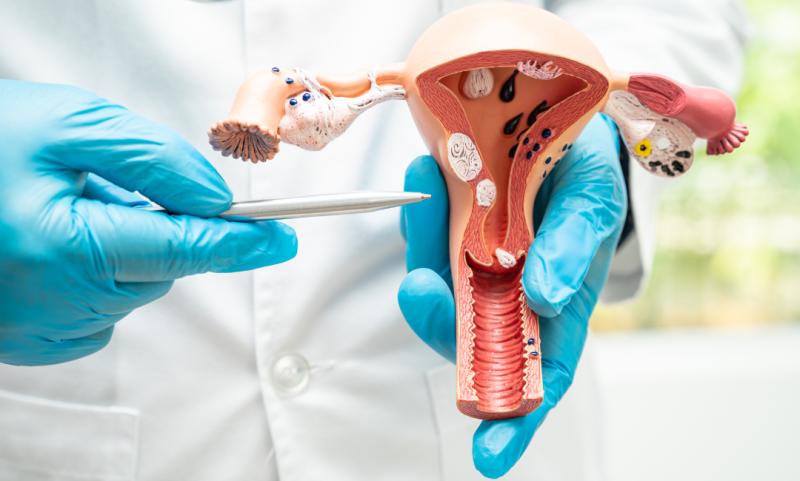Everything You Need To Know About Cervical Cancer: Insights From A Gynae Oncologist In Kolkata

Nowadays, cervical cancer is a
significant health concern for women around the globe. Therefore, understanding
its common implications is highly crucial for the prevention and early
detection. As a gynae oncologist in
Kolkata, Dr. Monika Meena aims
to provide you with comprehensive insights into cervical cancer, including its
risk factors, symptoms, prevention strategies, and treatment options through
our latest article.
What Is Cervical
Cancer?
To be specific, it can be said
that cervical
cancer occurs when abnormal cells in the cervix, the lower part of the
uterus that connects to the vagina, begin to grow uncontrollably or
unnaturally. However, it is often caused by persistent infection with high-risk
types of human papillomavirus (HPV), a common sexually transmitted infection.
Although cervical cancer is immensely preventable, it is highly essential to be
aware of the factors that significantly contribute to its development.
5 Major Risk Factors –
Several Potential Risk Factors Can Increase The Likelihood Of Developing Cervical Cancer, Including –
1. HPV Infection: First of all, it is important to note that the
majority of cervical cancer cases are linked to HPV infection. Certain strains
of HPV are considered high-risk and are responsible for most cervical cancer
cases.
2. Smoking: Women who smoke on a regular basis are at a higher risk
of developing cervical cancer, as tobacco can weaken the immune system and make
it harder for the body to combat HPV infections.
3. Weakened Immune System: Conditions that compromise your immune
system, such as HIV/AIDS, can increase the risks of having of cervical cancer.
4. Long-term Use of Oral Contraceptives: Prolonged consumption of
oral birth control pills may slightly increase the risk of cervical cancer.
5. Multiple Sexual Partners: Having multiple sexual partners
increases the likelihood of HPV exposure.
Major Symptoms –
In the early stages, cervical
cancer may not present any observable symptoms. However, as the disease
progresses, some common symptoms may become noticeable:
• Unusual vaginal bleeding
• Abnormal vaginal discharge
• Pain during intercourse
• Pelvic pain
If you experience any of these
symptoms, it is highly important to consult a female gynaecologist
in Kolkata for a thorough evaluation.
Prevention – Preventing Cervical Cancer Primarily Involves Regular Screenings And Vaccinations:
1. HPV Vaccination: It is important to note that vaccines can
protect against the most common high-risk HPV strains. Vaccination is most
effective when given before the onset of sexual activity, ideally between ages
9 and 26.
2. Regular Pap Smear Tests: Routine Pap smear tests can help detect
precancerous changes in the cervix. It is recommended that women begin Pap
testing at age 21, with follow-ups every three years until age 29. For women
aged 30-65, co-testing with HPV testing is advised every five years.
Treatment Options –
• Surgery: This may involve the removal of the cervix or more
extensive surgery depending on the stage or intensity of cancer.
• Radiation Therapy: Often used in conjunction with other
treatments, radiation therapy can help destroy cancer cells effectively.
• Chemotherapy: This treatment involves drugs to kill cancerous
cells and may be used alone or with other treatment options.
In a nutshell, it can be said
that cervical cancer is a highly preventable disease that can have serious
consequences if left untreated. However, understanding the risk factors,
recognizing the symptoms, and taking preventive measures are crucial steps for
every woman. As a gynae oncologist in
Kolkata, Dr. Monika Meena encourages women to seek regular check-ups and
screenings.
So, if you have concerns
regarding cervical cancer, consult a trusted gynae onco surgeon in
Kolkata for personalized guidance and care. Prioritize your health
today and have a healthier tomorrow.
Post Your Ad Here
Comments